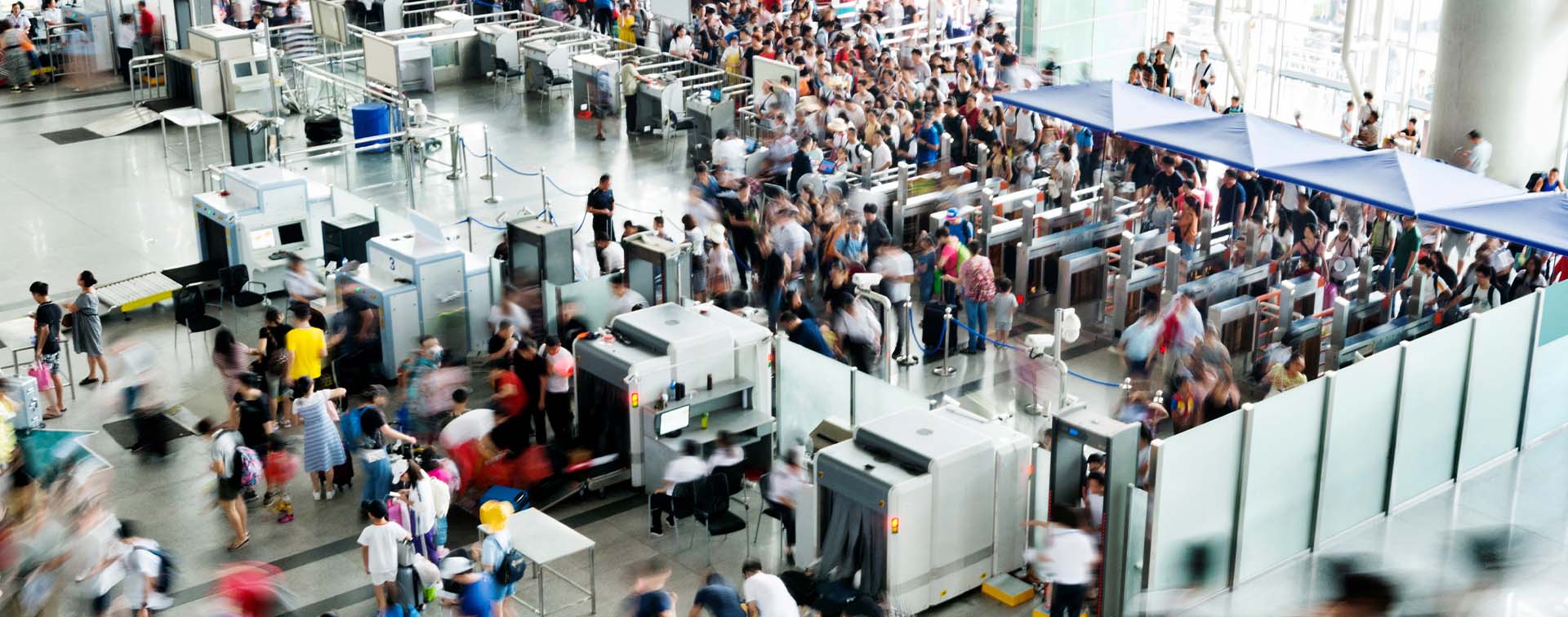
Oriel Morrison is one of Asia’s most well-known business journalists and is the CSO and Co-Founder of the APAC Network. She also hosts global conferences and events and often speaks on topics including geopolitics, finance, markets, and news.
According to Mark Twain, “Travel is fatal to prejudice, bigotry, and narrow-mindedness”. This perspective gives us even more reason to be grateful that the majority of the world’s pandemic-related restrictions are over.
Vaccine uptake continues to increase, and pandemic-era travel restrictions are easing, such as border closures, mandatory quarantines, masking during flights, and Covid testing requirements.
For the vaccinated that is. Those who remain unvaccinated, either by choice or circumstance, continue to face stricter travel measures and other types of restrictions.
Still, despite some scepticism over the speed of travel returning to pre-Covid levels, it seems that across Asia, people are returning to the skies. The International Air Transport Association says international passenger demand is increasing, and in Asia-Pacific, has reached 17% of pre-Covid levels.
In Australia, the border was fully reopened to all states in February this year. And as of 17 April, no negative pre-departure Covid test for visitors is required.
Other Asian countries are also opening up fast — Cambodia, India, Indonesia, Laos, Malaysia, Maldives, Oman, Singapore, Sri Lanka, Thailand, and Vietnam are now open to travelers without them needing to quarantine. As are South Korea and the Philippines, but these countries do require Covid tests.

Japan reopened its borders in June this year, but doesn’t yet have a timeline for the resumption of full-scale independent tourism. New Zealand will reopen at the end of July, two months earlier than originally planned.
The timing of China’s border reopening is still a question mark. The country continues to maintain its rigorous zero-Covid policy, and the government has signaled that the policy could continue well into the start of next year.
The economic fallout from China’s restrictions is both localized and international. The auto industry is dealing with shortages of parts, construction projects are being backed up, and tech companies are facing continuing component shortages. The question of China’s reopening is exacerbating the world’s economic issues.
Inflation is surging on a global level, and interest rates are rising faster than expected, leaving some economists warning of an impending recession. On the travel front, rising interest rates have the added effect of devaluing emerging economies’ currencies against the US dollar.
Add to that the rising price of fuel. The International Air Transport Association says in June, jet fuel prices were up 128% from a year ago, with airfares climbing as a result. This increase is bad news for Asia’s tourism economies.
According to the Asian Development Bank, the tourism industry accounts for about 10% of GDP in Malaysia, Singapore, and Vietnam, and between 20 and 25% of GDP in Cambodia, the Philippines, and Thailand. These countries are dealing with a double or even triple whammy of higher inflation, high fuel surcharges, and currency fluctuations.
But at the same time, domestic travel is taking off. According to the World Travel and Tourism Council, domestic spend is expected to experience a 25% raise this year, which would go some way to compensate for the international situation.
For economies like Australia’s, it’s not just about tourists contributing to GDP — migrant workers and students are equally important. Overall, migration has been key to Australia’s economic development. Foreign students have not only been relied upon to fund higher education institutions, but they often also fill part-time and casual jobs, and they certainly spend some of those wages on domestic tourism.
In fact, almost 30% of the country’s population was born overseas, a statistic that shows the important role immigration plays in Australia.
While Asia is a long way from a full economic recovery, and many borders are not yet fully open, the acceleration of vaccine distribution across the region is giving hope that there is a light at the end of the pandemic-related tunnel.
By the end of June 2022, most countries in Asia and Australasia had an 80% or higher vaccination rate, and governments continue to prepare to welcome even more visitors.
At the same time, the G20 is developing a globally interoperable digital vaccine certificate verification mechanism, made according to WHO standards. The system is web-based and can be used on all devices, accepting QR codes and systems from around the world.
The overall outlook for the Asia-Pacific region is fairly bright. Underlying demand for travel is strong and there are higher levels of immunity across the population, along with increasing innovation in surveillance and vaccinations.
But we shouldn’t become complacent. Questions remain over the duration of immunity provided by vaccines, the possibility of new variants or mutations, and the roll-out and production of new vaccines.
The expectation, or hope, is that the disease will soon reach endemic levels and become a manageable part of our future. However, the pattern that it will take and the time it will take to get there remain uncertain.